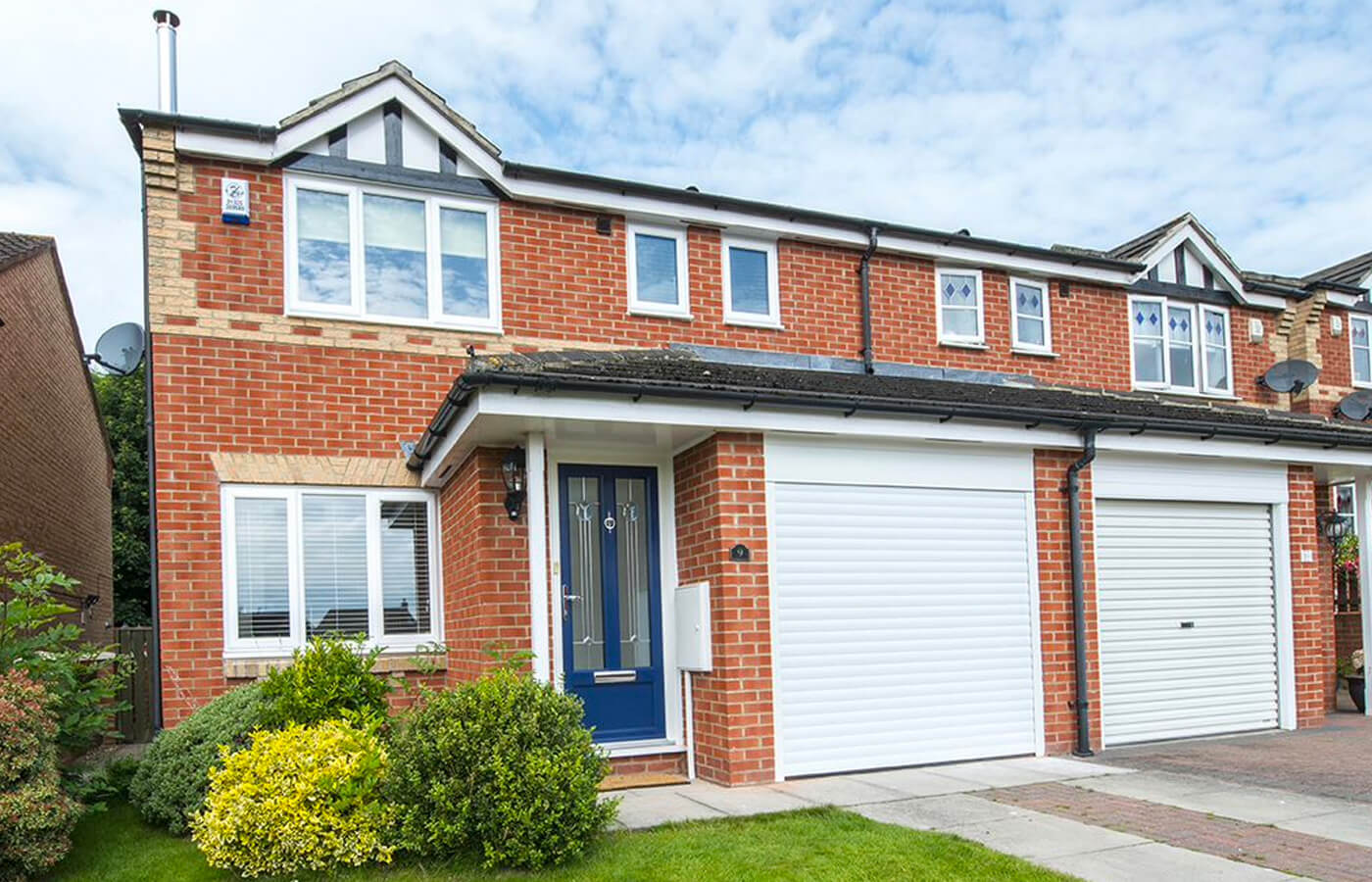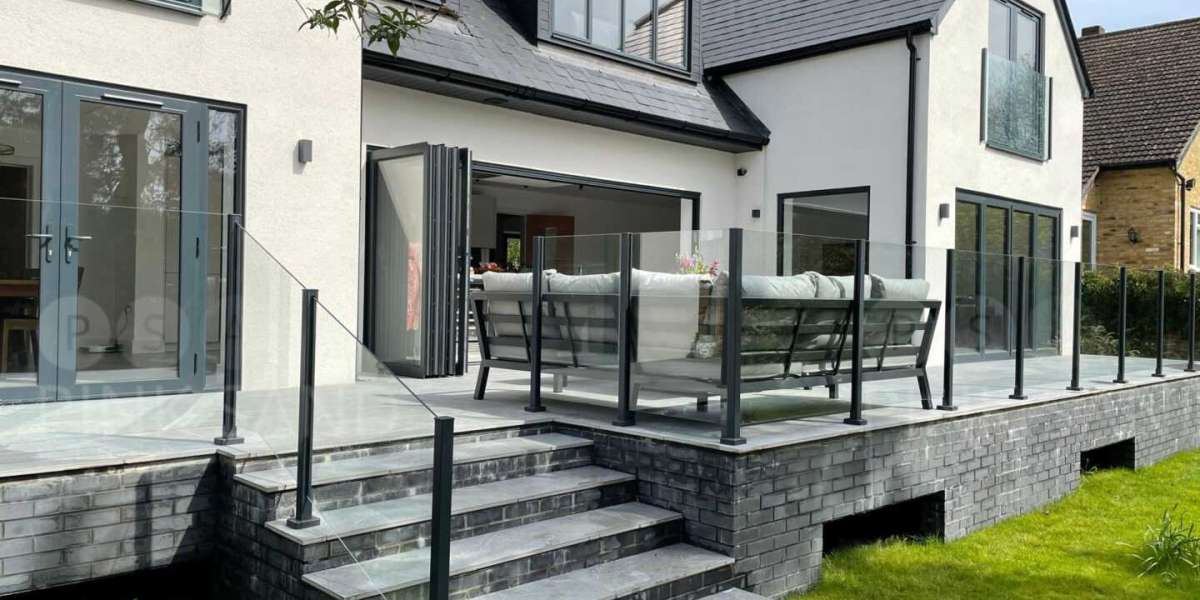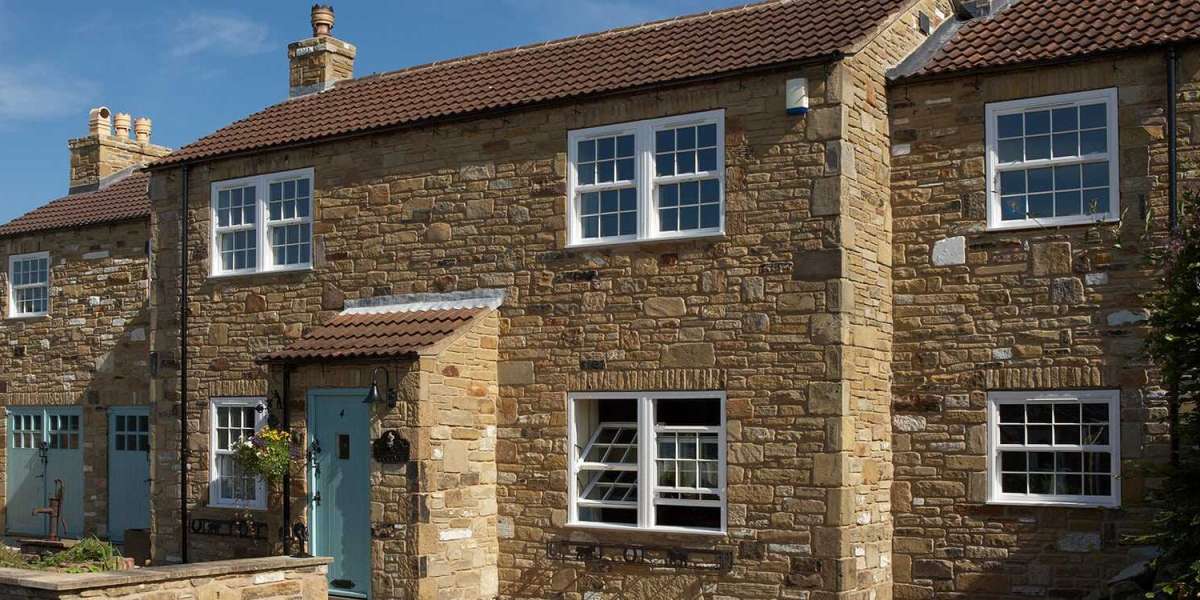Introduction
Window replacement is an essential aspect of home improvement that can enhance energy efficiency, increase property value, and improve overall aesthetics. This report provides a detailed overview of window replacement, covering types of windows, the replacement process, benefits, costs, and maintenance considerations.
Types of Windows
When considering window replacement, homeowners have a variety of options to choose from. The most common types include:
- Double-Hung Windows: These windows have two sashes that move up and down, allowing for improved ventilation and easy cleaning.
- Casement Windows: Hinged on one side, casement windows open outward, providing excellent airflow and unobstructed views.
- Sliding Windows: These windows slide horizontally and are ideal for wider openings. They are easy to operate and provide good natural light.
- Awning Windows: Hinged at the top and opening outward, awning windows are great for ventilation and can be left open even during rain.
- Bay and Bow Windows: These windows project outward from the home, creating a nook inside and offering panoramic views.
- Picture Windows: Fixed windows that do not open, picture windows are designed to frame a view and allow maximum light into the home.
The Replacement Process
The window replacement process can be broken down into several key steps:
- Assessment and Measurement: A professional will assess the existing windows and take precise measurements to ensure the new windows fit properly.
- Selection: Homeowners choose the type, style, material, and energy efficiency rating of the new windows.
- Removal of Old Windows: The old windows are carefully removed to avoid damaging the surrounding structure.
- Installation of New Windows: New windows are installed, ensuring they are level, plumb, and properly sealed to prevent air and water leaks.
- Finishing Touches: After installation, any necessary trim work, caulking, or painting is completed to ensure a polished look.
- Final Inspection: A final inspection is conducted to ensure the windows operate correctly and meet safety standards.
Benefits of Window Replacement
Replacing windows offers numerous benefits, including:
- Energy Efficiency: Modern windows are designed with advanced insulation and energy-efficient glass options, significantly reducing heating and cooling costs.
- Increased Home Value: New windows can enhance curb appeal and increase the overall value of the property, making it more attractive to potential buyers.
- Improved Comfort: New windows can eliminate drafts and cold spots, creating a more comfortable living environment.
- Noise Reduction: Upgraded windows can help minimize outside noise, providing a quieter indoor space.
- UV Protection: Many new windows come with UV-blocking coatings that protect furniture and flooring from sun damage.
- Enhanced Security: Modern windows are designed with improved locking mechanisms and shatter-resistant glass, increasing home security.
Costs of Window Replacement
The cost of window replacement can vary widely depending on several factors:
- Type of Window: Different styles and materials come with varying price points. For example, vinyl windows are generally less expensive than wood or fiberglass options.
- Size and Number of Windows: Larger windows or a higher number of windows will increase the overall cost.
- Installation Complexity: If the installation requires additional work, such as structural modifications or extensive repairs, costs will rise.
- Location: Regional labor and material costs can affect the overall price of the project.
- Energy Efficiency Features: Windows with higher energy efficiency ratings or special features, such as triple glazing, will typically cost more.
Maintenance Considerations
Proper maintenance of new windows can extend their lifespan and performance. Here are some tips for maintaining new windows:
- Regular Cleaning: Clean windows regularly using a mild detergent and water to remove dirt and grime. Avoid harsh chemicals that could damage the glass or frame.
- Inspect Seals and Weatherstripping: Check seals and weatherstripping for wear and https://stevenagetowncentre.com/events/armed-forces-day-1/ tear, replacing them as necessary to maintain energy efficiency.
- Lubricate Moving Parts: For operable windows, lubricate hinges and tracks to ensure smooth operation.
- Check for Damage: Regularly inspect windows for any signs of damage, such as cracks or warping, and address issues promptly to prevent further problems.
- Avoid Excessive Force: Be gentle when opening and closing windows to prevent damage to the frames or mechanisms.
Conclusion
Window replacement is a significant investment that can yield substantial benefits in terms of energy efficiency, comfort, and aesthetics. By understanding the types of windows available, the replacement process, associated costs, and maintenance requirements, homeowners can make informed decisions that enhance their living spaces and increase property value. Whether undertaking a full renovation or simply replacing a few windows, investing in quality products and professional installation will ensure long-lasting satisfaction.








